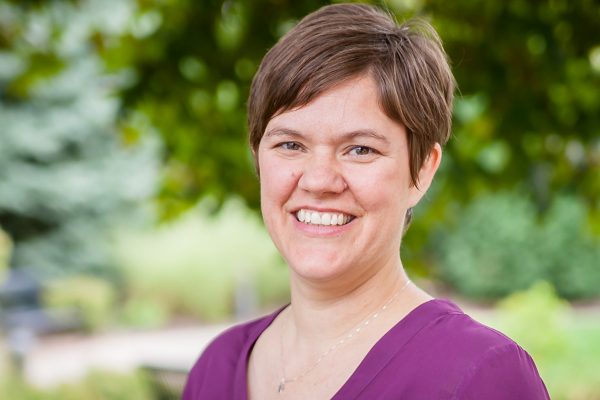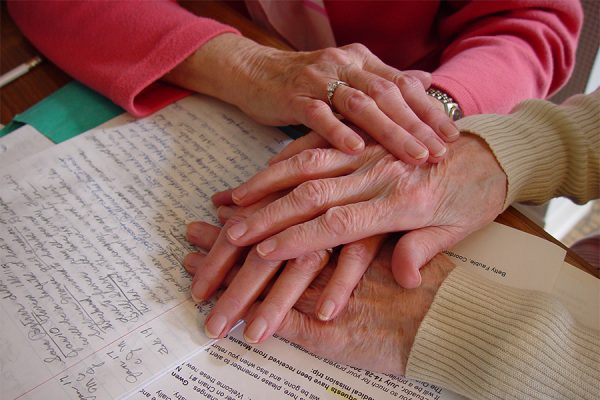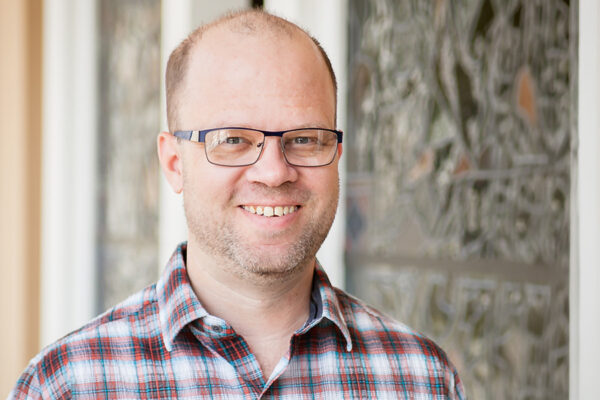Her superpower

At 16 years old, Greta Thunberg has sat down with world leaders, spoken to crowds of thousands, and addressed countless journalists. While others her age might be studying trigonometry and going to homecoming, she’s inspiring youth around the world to take action to protect our planet.
Greta’s working to slow down a crisis that she will inherit but didn’t create. She’s inspired youth from more than 150 countries and around the U.S. (including here in the Quad Cities) to participate in a global youth climate strike that will happen tomorrow. She’s got the courage and determination and heart of a superhero.
Recently, Greta became open about being diagnosed with Asperger’s Syndrome, one of the many diagnoses on the Autism spectrum. While every person is unique, being direct and singularly focused are some of the characteristics shown in people living with Asperger’s.
Greta talks about how living with Asperger’s has sometimes limited her. But mostly, she sees it as giving her unique abilities. “My diagnosis helps me see things a bit more clearly sometimes,” she says. “. . . Because if I am focused on something and if I know something and if I decide to do something, then I go all in.”
On Twitter she said, “I have Asperger’s and that means I’m sometimes a bit different from the norm. And – given the right circumstances – being different is a superpower.”
What many might label as a disability, to Greta, it is her superpower. She is wired in a particular way that has helped her to be just the person this world needs her to be. In the church, we often talk about being true to our vocation, that is, the ways God calls us to live out our faith in the world. When we do so, we usually talk about how this vocation grows out of our gifts and talents.
But what if we looked at the less shiny parts of ourselves as places from which to live out our faith? How might we live differently if we claimed our various (dis)abilities and vulnerabilities as superpowers?
Whether or not it is diagnosable, we each have unique ways of being. These things, which may seem to some as weaknesses or disabilities, have shaped us to be more empathetic, more focused, more courageous, more honest, or more open to others.
Paul wrote in 2 Corinthians: “God’s grace is enough; it’s all you need. God’s strength comes into its own in your weakness. Once I heard that, I was glad to let it happen. I quit focusing on the handicap and began appreciating the gift. It was a case of Christ’s strength moving in on my weakness (2 Corinthians 12:9, The Message).
Greta Thunberg has a lot to teach us about a faithful life. Most importantly, she challenges us to live out God’s mandate to be stewards of creation (Genesis 2). But she also shows us how we can perceive the abnormal or different parts of other people (and ourselves) not as things to hide or fear, but as the very things that equip us to do God’s work through our lives. This shift in how we see ourselves and others creates renewed acceptance and celebration of each other, and more importantly, an unfurling of superpowers that has the potential to bring about such goodness to the world.





Stella Herzig
“God’s grace is enough; it’s all you need. God’s strength comes into its own in your weakness.” WOW – love that…and the whole essay! Thanks, Pastor Sara!
suzanne benson
What an amazing young lady. I also applaud her family for their encouragement and support. Not everyone fits into the same peg….